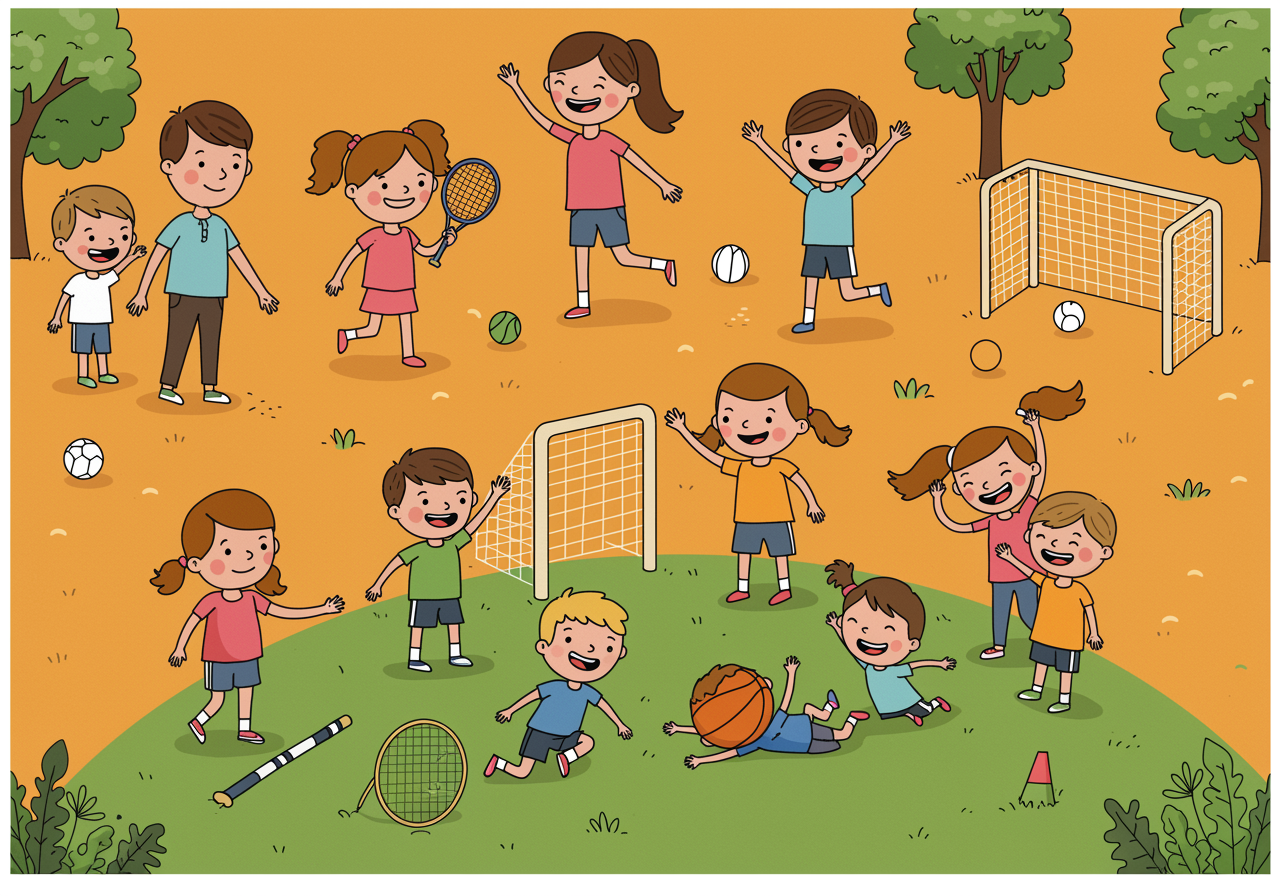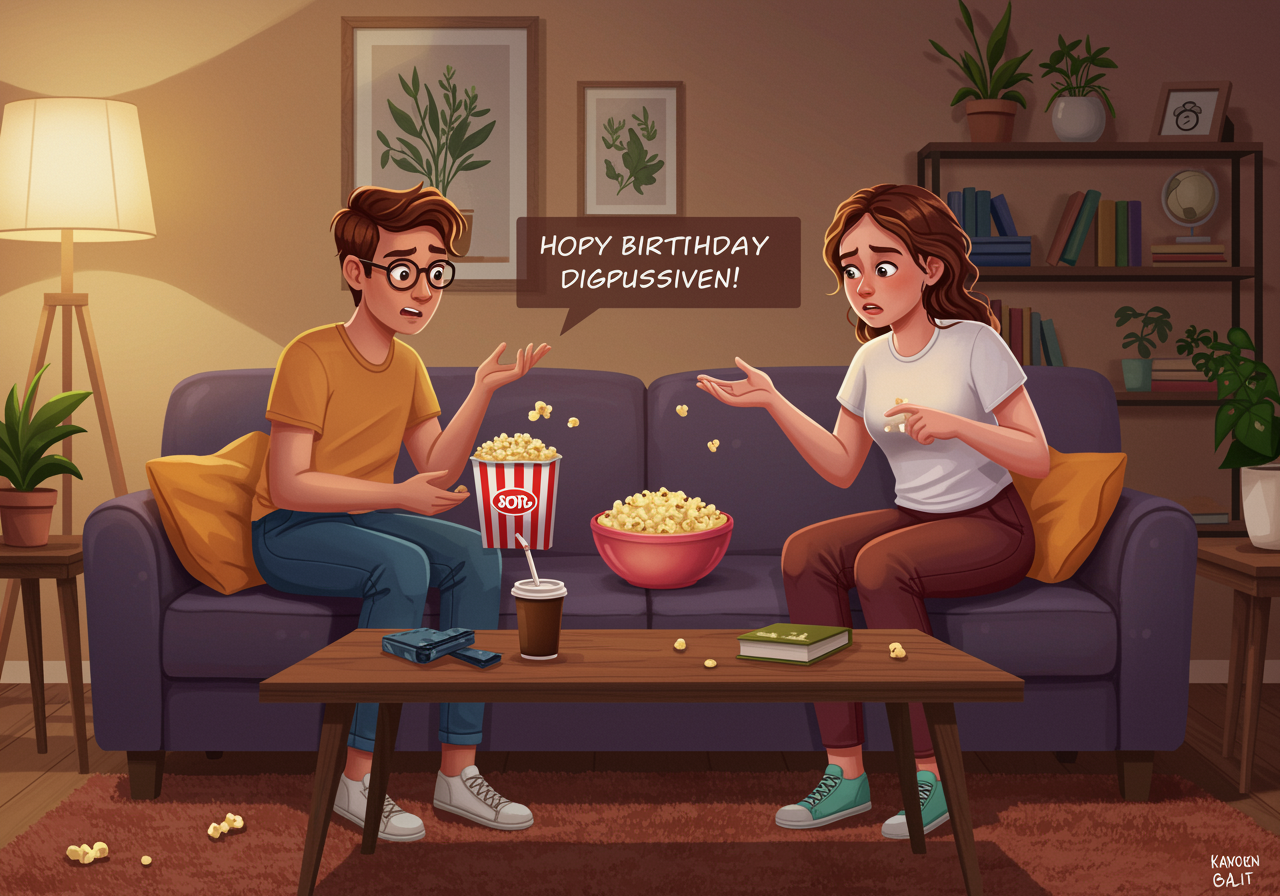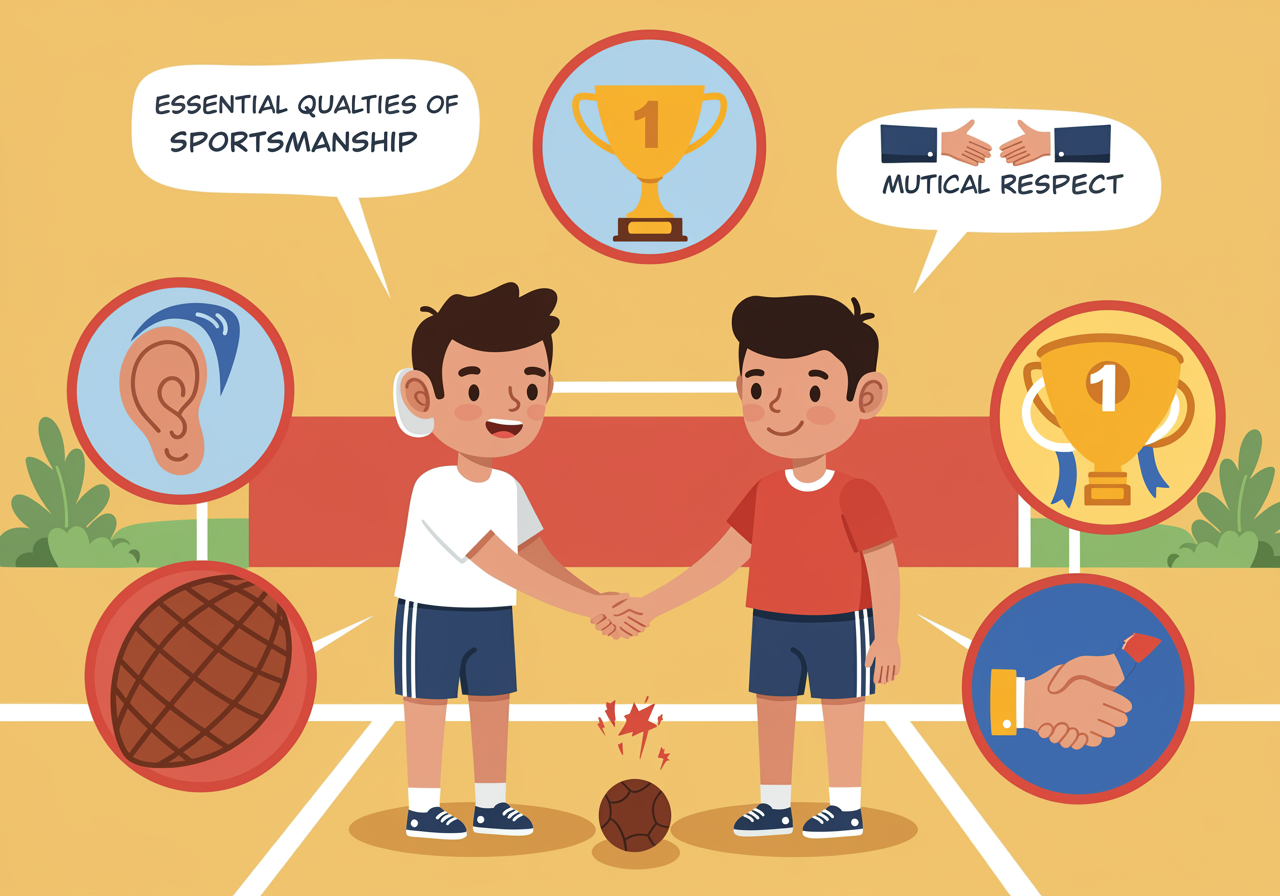The Secret Power of Playing Fair When You Don’t See Eye to Eye
Why good sports make the best friends, teammates, and family members
Discover how the same rules that make sports fun can turn everyday disagreements into opportunities to build stronger relationships.
Overview
Think about your favorite athletes – the ones everyone cheers for aren't just skilled, they're the ones who play fair, respect their opponents, and handle both wins and losses with grace. These same qualities that make great sports moments can transform how your family handles everyday disagreements. Whether it's deciding what to watch on Netflix or discussing different opinions about school, friends, or world events, sportsmanship gives us a playbook for staying connected even when we don't agree. Teaching kids these skills now helps them build stronger friendships, better family relationships, and the confidence to navigate disagreements throughout their lives.

Understand in 30 Seconds
Get up to speed quickly
- Sportsmanship isn't just for sports: The same respect, fairness, and grace that make games fun work perfectly for handling disagreements in real life.
- Winning an argument isn't the goal: Just like in sports, the real victory is playing fairly and keeping relationships strong, even when you disagree.
- Good sports listen first: Before making your next move in a game, you watch and listen – the same goes for disagreements with friends and family.
- Everyone gets to play: Fair play means everyone's voice matters and gets heard, just like everyone deserves a turn on the field.
Real Life Scenario
Situations you can relate to
Imagine your two best friends are arguing about which movie to see for your birthday. One wants an action movie, the other wants comedy, and they're both getting pretty heated about it. Now think about what would happen if they treated this like good sports players. First, they'd listen to each other's reasons instead of just talking louder. They might say things like 'I hear that you really love comedies, but here's why I think action would be fun too.' They'd look for creative solutions – maybe an action-comedy or taking turns choosing. Most importantly, they'd remember that your friendship is way more important than winning this argument. What if you approached family disagreements the same way? What would change if everyone played fair during discussions about chores, screen time, or weekend plans?

Role Play
Spark a conversation with “what if” scenarios
What if your family is debating where to go for vacation and everyone has a different idea?
- Role play: Practice being a 'good sport' by having each person present their idea for 2 minutes without interruption, then work together to find common ground or creative combinations.
What if you and your sibling disagree about whose turn it is to do the dishes?
- Role play: Role-play how to handle this with sportsmanship – listening to each other's perspective, staying calm, and finding a fair solution together.
What if your friend group can't agree on what game to play during lunch break?
- Role play: Act out different ways to handle this disagreement – compare a 'poor sport' approach with a 'good sport' approach and see which feels better.
FAQs
Frequently asked questions people want to know
Does being a good sport mean I always have to give in?
Not at all! Good sportsmanship means standing up for your ideas respectfully while also being open to others' perspectives. It's about how you disagree, not whether you disagree.
What if the other person isn't playing fair?
You can only control your own actions. Keep being a good sport – it often encourages others to do the same, and you'll feel better about yourself regardless.
Is it okay to feel frustrated when someone disagrees with me?
Absolutely! Feeling frustrated is normal and human. Good sportsmanship is about how you handle those feelings, not pretending they don't exist.
Examples in the Wild
See how this works day to day
- During the 2020 Tokyo Olympics, when competitors hugged and congratulated each other even after losing close races, showing that respect matters more than winning (Olympic Games Official Coverage)
- Students at Roosevelt High School created a 'respectful debate club' where they practice disagreeing on controversial topics while maintaining friendships (Education Week Magazine)
- The NHL's tradition of handshakes after playoff series, where players who fought each other all game show mutual respect (National Hockey League)
- Nobel Peace Prize winners who have disagreed strongly with opponents but worked together to find solutions to world problems (Nobel Prize Organization)
In Summary
What you should know before you start
- Sportsmanship teaches us to respect others even when we disagree with their ideas
- Good sports focus on understanding, not just winning arguments
- Fair play in disagreements helps build stronger relationships and trust
- Everyone deserves to be heard and treated with dignity during conflicts
Pro-tip for Parents
You got this!
When your child gets heated during a disagreement, resist the urge to immediately solve the problem or take sides. Instead, pause and ask 'How would a good sport handle this?' This helps them develop their own conflict resolution skills while reinforcing the sportsmanship principles you're teaching. Remember, you're modeling good sportsmanship too – stay calm, listen to their perspective, and show them how to disagree respectfully even when you need to enforce rules or boundaries.

Keep an Eye Out For
Find these examples in everyday life
- Political debates on TV – great opportunities to discuss what good sportsmanship looks like in serious disagreements
- Sports events where players show exceptional sportsmanship during competition
- Family disagreements about daily decisions – chances to practice fair play in real time
Explore Beyond
Look up these related research topics
- How to build empathy and understanding across differences
- The science behind why some people handle conflict better than others
- Famous examples of people who changed history through respectful disagreement